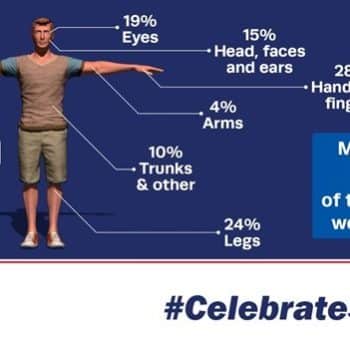New laws taking effect in Illinois July 1st.
- Posted by Barrington Hills
- On June 29, 2020
New laws affecting drivers, students and workers are among the measures taking effect in Illinois Wednesday
CHICAGO TRIBUNE | JAMIE MUNKS and DAN PETRELLA | June 28, 2020
www.chicagotribune.com/politics/ct-illinois-new-laws-july-20200628-nfr3gkjbtzb7tl53zadjge666q-story
Contributions members of the LGBTQ community have made to society should be taught in Illinois’ public schools. Workers, regardless of the size of their employer, will now be protected from discrimination on a number of bases including race, sex, age, sexual orientation and religion. And distracted drivers who hurt someone while paying attention to their cellphones could face steeper penalties.
More than a dozen state laws and policy changes for Illinois kick in Wednesday, July 1. Here’s a look at some of the highlights:
Minimum wage increase
For the second time this year, low-wage workers across Illinois will see a boost to their pay.
Thanks to a law Gov. J.B. Pritzker signed last year, the statewide minimum wage is increasing to $10 per hour from $9.25. The minimum wage went up by $1, from $8.25 per hour, at the start of the year, the first statewide increase in more than a decade.
Workers will get another $1 per hour raise each Jan. 1 until the minimum wage hits $15 per hour in 2025.
In Chicago, the minimum wage will go up by $1, to $14 per hour. It will increase to $15 per hour on July 1, 2021. Employers with fewer than 20 workers will have until 2023 to reach $15.
In the rest of Cook County, the minimum wage is going up to $13 per hour, except in the more than 100 municipalities that have opted out of the county ordinance. Beginning next year, it will go up based on the rate of inflation.
Pritzker dismissed calls by some business groups and Republican lawmakers to slow the minimum wage increase to help businesses hurt by shutdowns related to the coronavirus pandemic.
Gas tax
After doubling last year to 38 cents per gallon to help pay for road improvements statewide, Illinois’ gas tax will increase by a fraction of a cent this year.
The 0.7 cent-per-gallon boost is the first annual increase under a new formula that ties the gas tax to the rate of inflation.
Stricter penalties for distracted drivers
A new law allows the secretary of state to suspend or revoke driving privileges when a person is using an electronic communication device while driving and “great bodily harm, permanent disability or disfigurement” results. The offense is also subject to a minimum $1,000 fine.
The new penalties extend to using cellphones, laptops, tablets and other hand-held electronic devices while driving, but don’t apply to drivers reporting an emergency, using an electronic device with hands-free or voice-operated modes or drivers parked on a shoulder or stopped in traffic with their vehicle in park.
Illinois banned texting while driving a decade ago, and the new penalties come on top of a new law that took effect last year that made using or even holding an electronic device while driving a moving violation. Three such offenses within a year would result in a suspended license.
LGBTQ history
Illinois public schools will now be required to teach students about contributions LGBTQ people have made in Illinois and the United States.
The new law requires that students should be presented with history lessons that include the contributions of members of lesbian, gay, bisexual, transgender and queer communities before they graduate from eighth grade.
Civics education
Starting next school year, all public schools in Illinois will be required to include at least one semester of civics education in sixth, seventh or eighth grades. The civics curriculum will be required to include coursework on government institutions, current events, service learning and “simulations of the democratic process,” which mirrors a mandate that’s on the books for high school students.
In 2015, then-Gov. Bruce Rauner signed a law requiring high school students across the state to complete civics coursework in order to graduate.
Worker protections
Workers will now be protected from discrimination on the basis of race, sex, age, sexual orientation, religion and a range of other protected categories regardless of the size of their employer.
Previously, provisions of the Illinois Human Rights Act only applied to employers with 15 or more workers. The law still allows places of worship to hire based on religion for jobs connected to worship activities.


